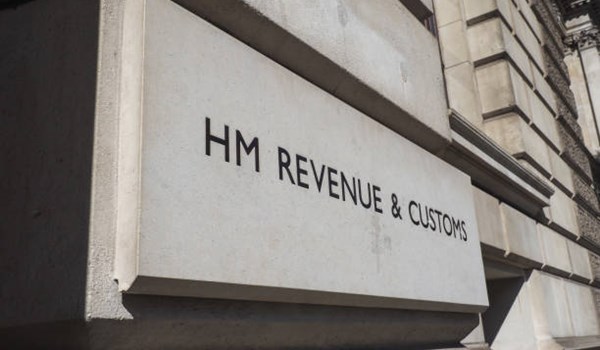Tens of thousands of companies face being struck off for not filing details of their beneficial owners, as is required by law.
The Companies Registration Office (CRO) now has the power to deal with such firms, and almost 40,000 companies are facing a sanction.
The mandatory Register of Beneficial Ownership (RBO) was established under the EU’s fourth money laundering directive, commonly known as MLD4.
The registers were established across the trading bloc and contain beneficial ownership details of all companies and societies established in each state.
The initial deadline for submitting ownership details was in November 2019.
Companies and societies that fail to file the required ownership details can be fined up to €500,000.
Any person who knowingly or recklessly makes a materially false statement to the RBO can be subject to a prison sentence of up to 12 months.
The CRO said that between 10pc and 12pc of companies and societies have failed to file ownership details and will now be at risk of sanction.
At a recent stakeholder meeting the CRO declined to specify when it will start the strike-offs for those firms, but confirmed the process is set to get under way shortly.
Non-compliant entities will first receive a warning from the RBO, with the CRO then handling any required strike-offs.
While thousands of firms have not filed details, just a tiny number have been prosecuted.
The RBO began prosecuting non-complaint entities in the second quarter of 2022. Five companies were charged that year with failing to file the correct details and each was convicted and fined €3,000. Four others pleaded guilty and had the Probation Act applied.
The following year, cases against 15 entities were heard in the district court. Eight were convicted, while seven pleaded guilty, and the Probation Act was applied.
At its stakeholder meeting last month, the CRO noted that in May of this year, one case was heard and resulted in a conviction. Five cases were due to be heard yesterday.
The process for striking off companies due to failure to file ownership details is expected to mirror that used in dealing with entities that have failed to file annual returns on time.
Normally, the involuntary strike-off procedure involves a 10-week warning letter issued to a company’s email address 180 days after the annual return date. This is followed by an involuntary strike-off notice sent to directors at their home addresses.
Public access to the Irish RBO was shut down in 2022 following a controversial ruling by the European Court of Justice.
It found public access to such registers was incompatible with business owners’ privacy rights enshrined in the General Data Protection Regulation. The public now only has a right to restricted access to the Irish RBO.
Just one request was made last year to Ireland’s RBO for details of a firm by a person who claimed legitimate interest in doing so.
The request was rejected.



